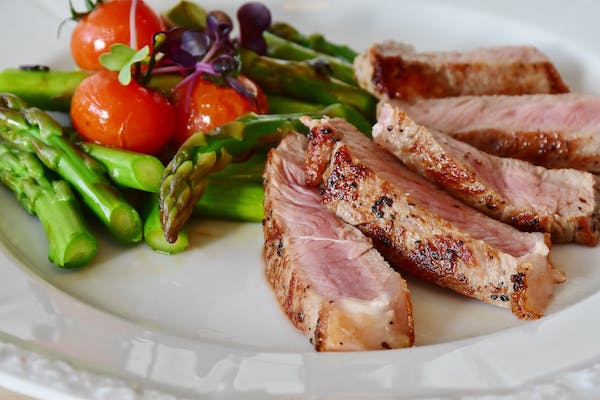Chickens are known for their diverse and omnivorous diets, but not all foods are suitable for these feathered friends. One common can chickens eat tomatoes query among poultry enthusiasts is whether chickens can safely consume tomatoes. In this article, we’ll explore the benefits and potential risks associated with feeding tomatoes to chickens.
Benefits of Feeding Tomatoes to Chickens:
- Rich in Nutrients: Tomatoes are packed with essential nutrients such as vitamins A, C, and K, as well as potassium and folate. These nutrients are crucial for maintaining overall health in chickens, supporting their immune system, and promoting proper growth and development.
- Antioxidant Properties: Tomatoes contain antioxidants, including lycopene, which can help combat oxidative stress in the chickens’ bodies. Antioxidants play a vital role in protecting cells from damage caused by free radicals.
- Hydration: Tomatoes have a high water content, which can contribute to keeping chickens hydrated, especially during hot weather. Proper hydration is essential for optimal egg production and overall well-being.
- Dietary Variety: Introducing tomatoes into a chicken’s diet can add variety and diversity, preventing dietary monotony. Offering a range of foods helps ensure that chickens receive a broad spectrum of nutrients.
Risks of Feeding Tomatoes to Chickens:
- Solanine Content: Tomatoes, like other members of the nightshade family, contain solanine in their stems and leaves. While the levels in the fruit itself are minimal, it’s essential to avoid feeding chickens can chickens eat tomatoes large quantities of tomato vines or leaves, as solanine can be toxic in high amounts.
- Overconsumption: While tomatoes are generally safe for chickens in moderation, excessive consumption can lead to digestive issues such as diarrhea. It’s crucial to introduce new foods gradually and in small amounts to observe how chickens react.
- Acidity Concerns: Tomatoes have a slightly acidic nature, which may pose a concern for chickens with sensitivities or pre-existing digestive issues. Monitoring chickens for any signs of discomfort, such as decreased egg production or changes in behavior, is essential.
Recommendations for Feeding Tomatoes to Chickens:
- Moderation is Key: As with any treat or supplement, moderation is crucial. Limit the amount of tomatoes given to chickens to prevent overconsumption and potential digestive issues.
- Avoid Green Parts: While ripe tomatoes are generally safe, avoid feeding chickens the green parts, such as stems and leaves, due to their solanine content.
- Introduce Gradually: When introducing tomatoes or any new food into a chicken’s diet, do so gradually. This allows the birds to can chickens eat tomatoes adjust, and it helps you monitor for any adverse reactions.
Conclusion:
In conclusion, tomatoes can be a nutritious and beneficial addition to a chicken’s diet when fed in moderation. The key is to be mindful of potential risks, such as solanine content and digestive issues, and to introduce tomatoes gradually. By offering a balanced and varied diet, poultry owners can contribute to the overall health and well-being of their feathered companions.


